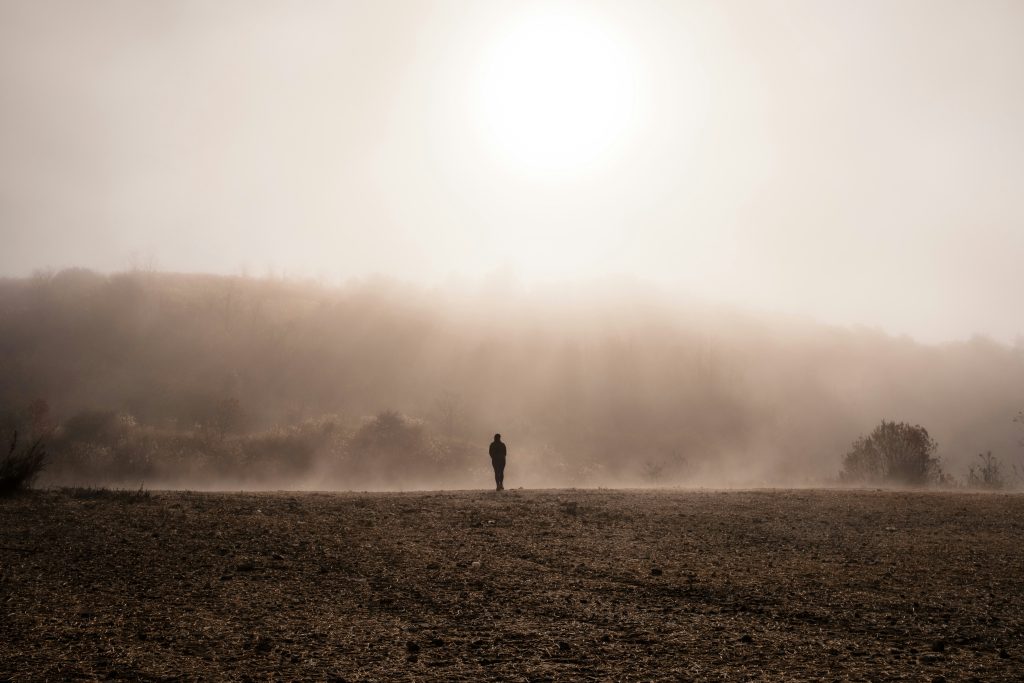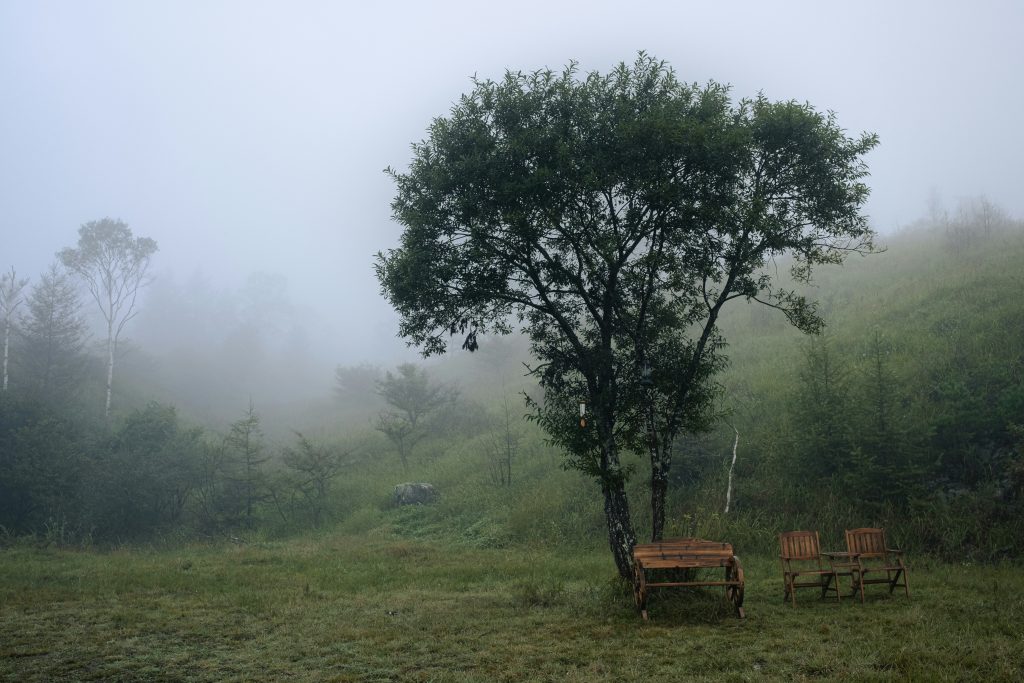By JoAnne Wadsworth, Communications Consultant, G20 Interfaith Forum.
The G20 Interfaith Forum and International Academy for Multicultural Cooperation hosted a timely webinar exploring Indigenous approaches to climate resilience. As part of Native American Heritage Month, this November 21, 2024 discussion brought together respected Indigenous leaders who shared vital perspectives on traditional ecological knowledge and its crucial role in addressing contemporary climate challenges.
— —
Michael Raigoza
Michael Raigoza, a member of the Nomlaki people and representative of the Seventh Generation Fund for Indigenous Peoples, opened the session by emphasizing the critical role of Indigenous stewardship in maintaining ecological balance. He highlighted the urgent need to shift away from resource extraction-based paradigms that have led to environmental degradation and ecosystem collapse.

Raigoza shared his experience with energy sovereignty initiatives, including his work developing microgrid systems on tribal lands. He emphasized that renewable energy must be community-controlled to avoid becoming another form of resource extraction, stressing the importance of local ownership and management of energy infrastructure.
“Our ancestors understood that you cannot separate the health of the land from the health of the people. The current paradigm of resource extraction for profits has led to degradation and over-exploitation of our ecosystems.”
Julia Bernal
Julia Bernal, representing Sandia Pueblo and Yuchi peoples and leading Pueblo Action Alliance, provided valuable insights into Indigenous water management and cultural adaptation strategies. She emphasized how Pueblo communities have historically adapted to climate variations while maintaining sustainable relationships with their environments.
Bernal detailed how traditional knowledge systems have enabled communities to develop sophisticated agricultural and water management practices aligned with natural cycles. She particularly emphasized the connection between economic systems and environmental impact, citing historical examples of how Spanish colonization’s extractive economy disrupted traditional sustainable practices.
“The solutions that we are going to need to adopt and ultimately lead us into a just transition really do come from indigenous land-based communities and nations. It isn’t about geo-engineering our way out of the climate crisis, but about shifting to a more values-based system.”
Christopher Peters
Christopher Peters, President of the Seventh Generation Fund and member of the Puhlik-lah/Karuk tribes, presented compelling scientific evidence of accelerating climate change while emphasizing the urgent need for paradigm shifts in addressing these challenges. He stressed that society will either change by choice or be forced to change by circumstances.

Peters emphasized the need for unprecedented partnerships between public, private, and civil society sectors to achieve the necessary scale and speed of climate action. He particularly highlighted the importance of Indigenous representation in climate policy decisions and implementation.
“The solutions to climate change already exist within Indigenous knowledge systems. We need to help society change by choice rather than being forced by circumstances.”
Q&A Highlights:
- Participants discussed strategies for renters to combat utility monopolies, with speakers emphasizing the importance of community-owned energy systems and local control
- Discussion of methods to introduce Indigenous worldviews into public education systems
- Exploration of federal government’s role in supporting local community climate initiatives
- Examination of strategies for building bipartisan support for environmental sustainability projects
Key Points:
- Indigenous knowledge systems offer tested, sustainable approaches to climate challenges
- Community-based, localized solutions are more resilient than centralized systems
- Economic paradigm shifts are necessary for effective climate action
- Traditional ecological knowledge should guide modern adaptation strategies
- Building climate resilience requires both grassroots action and systemic change
- Unity and cross-cultural collaboration are essential for effective climate action
— —
JoAnne Wadsworth is a Communications Consultant for the G20 Interfaith Forum Association and Editor of the Viewpoints Blog.


